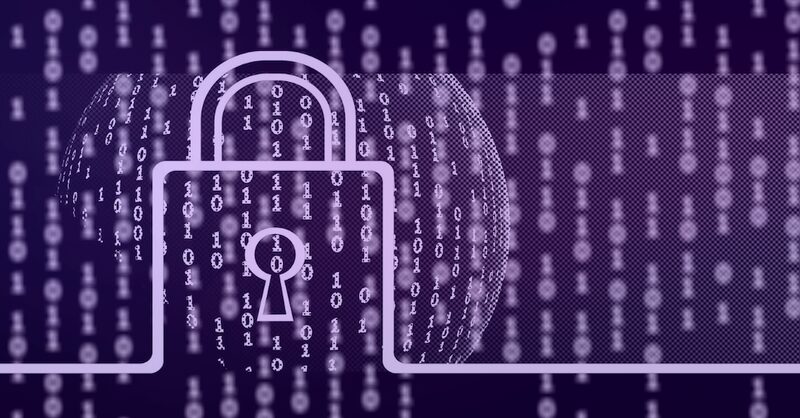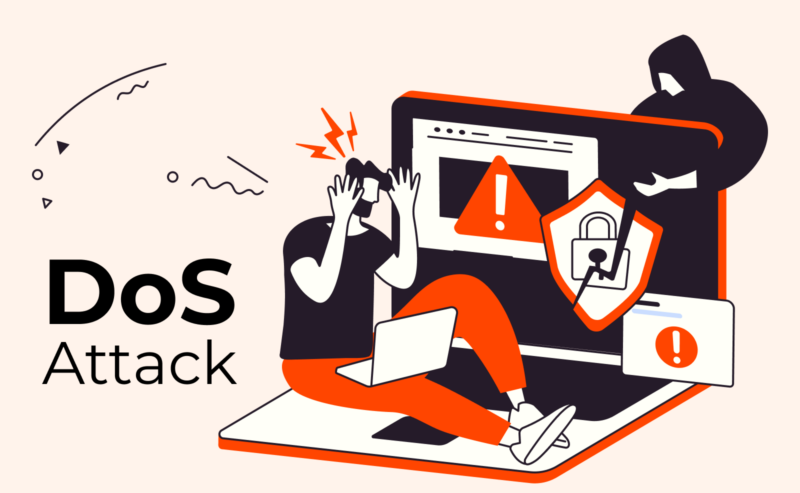In today’s digital era, cybersecurity has become a paramount concern. The increasing frequency and sophistication of cyberattacks demand innovative solutions to protect sensitive information. One such solution is blockchain technology.
Originally developed as the backbone for cryptocurrencies like Bitcoin, this technology has now found applications far beyond the realm of digital currencies. Its unique characteristics, such as decentralization, immutability, and cryptographic security, make it an ideal tool for enhancing cybersecurity measures.
This article will explore how blockchain infrastructure plays a crucial role in strengthening cybersecurity. In this context, it is worth knowing more about Stefan Matthews.
Decentralization

One of the core features of blockchain technology is its decentralized nature. Traditional centralized systems store data in a single location, making them vulnerable to attacks. In contrast, blockchain distributes data across a network of nodes, eliminating a single point of failure. This decentralization makes it significantly harder for cybercriminals to compromise the system. Each node in the network has a copy of the entire blockchain, and any changes to the data must be verified by a consensus of nodes. This consensus mechanism ensures that no single entity can control or alter the data without being detected.
Immutability
Another key characteristic of this technology is its immutability. Once data is recorded on the blockchain, it cannot be changed or deleted. This immutability ensures the integrity of the data, making it ideal for applications that require a high level of security. For example, in financial transactions, healthcare records, and supply chain management, the ability to guarantee that data has not been tampered with is crucial. Blockchain’s immutability provides a robust defense against data tampering and fraud.
Cryptographic Security

Blockchain employs advanced cryptographic techniques to secure data and transactions. Each transaction is signed with a private key, and the resulting signature can be verified using the corresponding public key. This ensures that only the rightful owner of the private key can authorize transactions. Additionally, the use of cryptographic hashes links each block to the previous one, creating an unbreakable chain of data. This cryptographic security makes blockchain an effective tool for protecting sensitive information from unauthorized access.
Enhancing Identity Management
Blockchain technology can significantly improve identity management by providing a secure and tamper-proof system for verifying identities. Traditional identity management systems rely on usernames and passwords, which can be easily compromised. Blockchain eliminates the need for these vulnerable credentials by using public key cryptography for authentication. Users are assigned a unique digital identity that can be securely verified on the blockchain. This decentralized identity management system reduces the risk of identity theft and fraud.
Securing Data Transmission
The transmission of sensitive data over the internet is always at risk of interception by malicious actors. Blockchain technology can enhance the security of data transmission by encrypting data and ensuring that it is only accessible to authorized parties. Each transaction on the blockchain is encrypted and recorded in a transparent ledger, making it easy to track and verify the integrity of the data. This secure transmission of data is particularly important in industries like finance and healthcare, where the confidentiality of information is paramount.
Mitigating Distributed Denial of Service (DDoS) Attacks

Distributed Denial of Service (DDoS) attacks are a common threat to centralized systems. These attacks involve overwhelming a server with traffic, rendering it unable to function. Blockchain’s decentralized architecture can mitigate the impact of DDoS attacks by distributing the workload across multiple nodes. Even if some nodes are compromised, the system as a whole remains operational. This resilience makes blockchain an attractive option for enhancing the security of critical infrastructure.
Challenges and Considerations
While this technology offers numerous advantages for enhancing cybersecurity, it also presents certain challenges. Scalability is a significant concern, as blockchain networks can become slow and inefficient with a large number of transactions. Solutions such as sharding and layer-2 protocols are being developed to address these scalability issues. Additionally, regulatory compliance is crucial, especially in industries like finance and healthcare. Ensuring that blockchain solutions meet regulatory standards is essential for their widespread adoption. Interoperability between different networks and existing systems is another important consideration. Efforts are underway to develop standards and protocols that facilitate seamless integration.
Conclusion
This technology has the potential to revolutionize cybersecurity by providing a decentralized, transparent, and immutable system for storing and transmitting data. Its unique characteristics make it an ideal solution for addressing the evolving challenges of cybersecurity. From enhancing identity management and securing data transmission to mitigating DDoS attacks, blockchain offers a robust defense against cyber threats.
As technology continues to advance, the integration of blockchain with emerging technologies promises to further strengthen our digital defenses. For organizations looking to enhance their cybersecurity measures, it presents a valuable tool that can provide unparalleled security and resilience.

